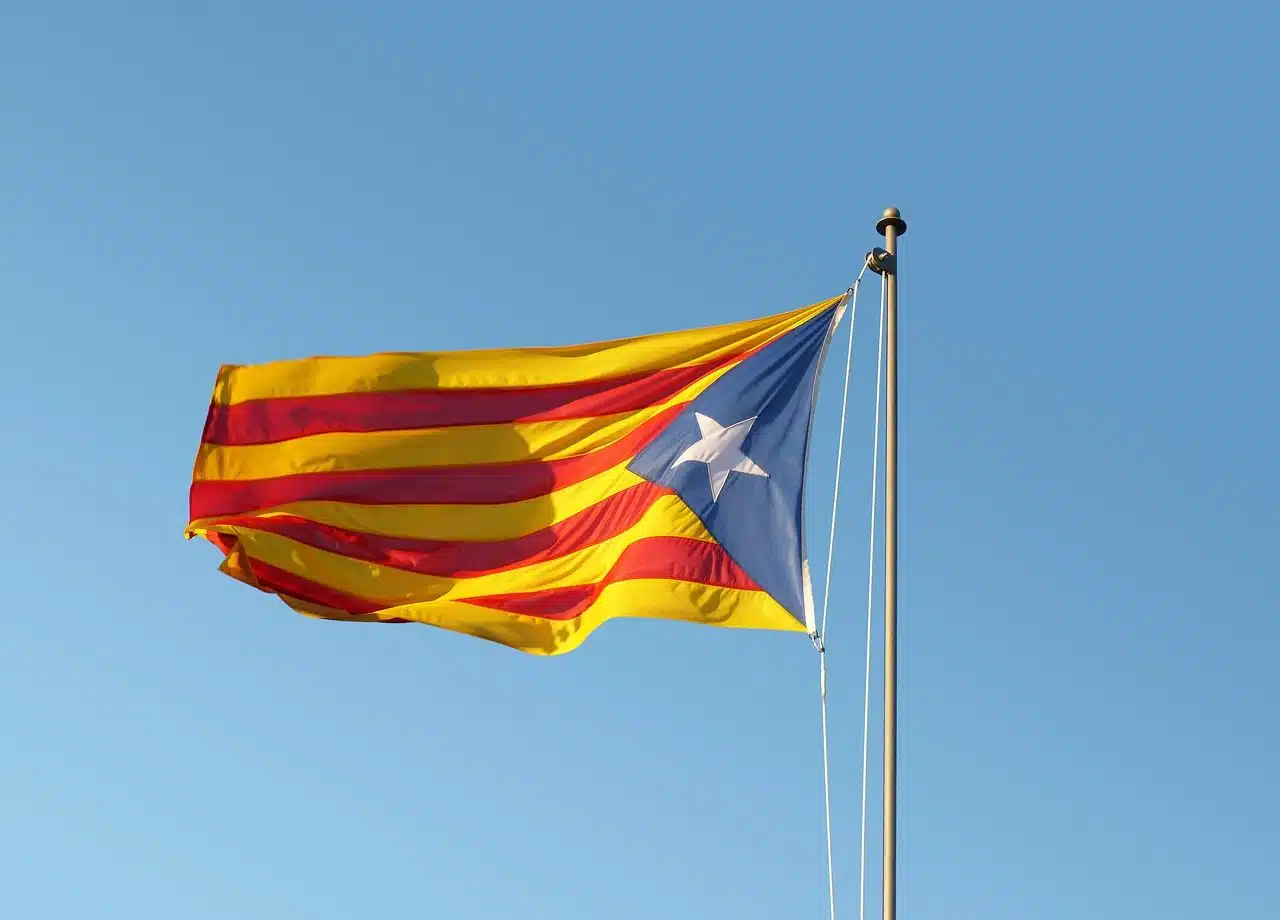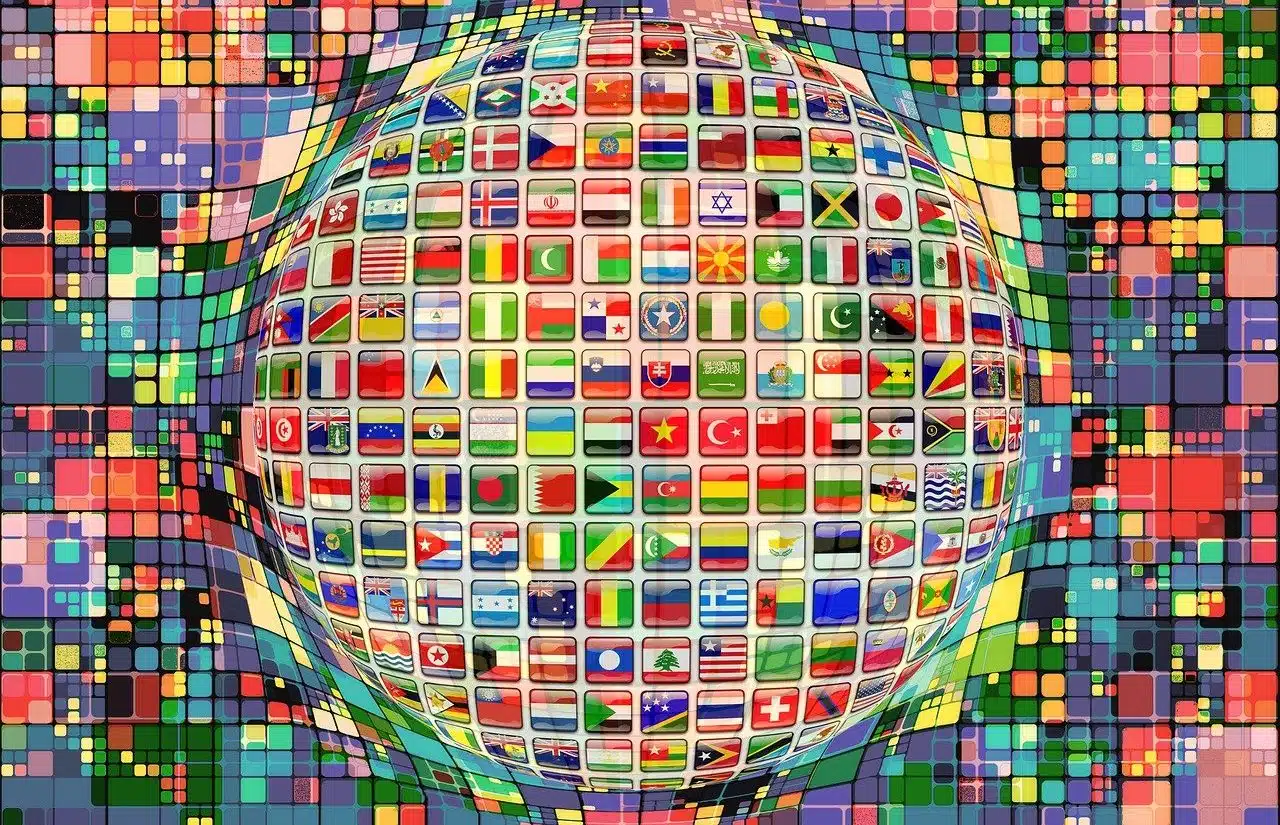
Nations have a historical and cultural heritage that defines them.
Nation is a concept that has its origin in the Latin word nātio , which in turn derives from nāscor (a notion that, in Spanish, means "to be born" ). This Latin word is used as a synonym for "birth" and "people" , but it is also used to refer to "species" and "class" .
In this sense, we have to determine that, when using the term nation, we may be referring both to what the territory of a specific country is and to the population of this territory that is under the protection of the same system of government. and certain laws.
Emergence of the term nation
It is also necessary to emphasize that the meaning that we give to this noun today has its antecedents in the 18th century since it is when the definitive transition from the Old Regime to the Contemporary Age occurs. And the work carried out by enlightened thinkers contributes solidly and consistently to this.
In this way, an example that could serve to express what is specified is the following: "Spain is a nation that currently presents itself as a parliamentary monarchy where democracy is the basis." A sentence to which we could also add this phrase: "Javier expressed that he felt very proud of the nation to which he belongs."

It is common for nations to defend their political autonomy.
Current representations
The concept of nation, currently, has two representations: one that is approached from a political perspective, which is based on legal and political criteria and speaks about the sovereignty that governs within a certain State , delimited by specific borders. ; and another that describes a cultural type nation, a socio-ideological notion with a more ambiguous spirit and greater subjectivity that describes a human group where certain common cultural aspects are shared. In any case, in everyday language the word nation is used as a synonym for country , territory , people and State , for example.
It is important to keep in mind that the cultural conception of a nation indicates that its members are aware that they are part of an ethical-political body different from others, since they share, among other traits, ethnicity , language , religion. , tradition , currency or common history . This is how the idea of homeland also arises.

Globalization causes the identity of each nation to become diluted.
Nation and nationalism
Starting from these aforementioned arguments, for example, we can show how all of this is reflected in the hallmarks of a country like Spain . Thus, its citizens have Spanish as their official language, which is established in the Constitution that everyone has the duty to know and the right to use. Other languages, such as Basque, Catalan and Galician, are co-official at the national level and official in certain autonomous communities.
In this sense, the concept of nationalism is closely related. With it, what is defined, among other meanings, is the political and ideological tendency to establish that a specific territory is the only one that should be accepted as a reference for identity. However, many types of nationalism could be included within this generalized definition, such as, for example, integrators and centrifugal or disintegrators .
When a State is specifically recognized as the home of a certain cultural nation, we speak of the existence of a nation-state . There are States that, despite the disputes and contradictions that this definition implies, try to legitimize themselves in this way.
It should be noted that national identity is a collective construction that is generally promoted and reinforced by the State. Each national symbol, such as the flag , the coat of arms and the anthem , is used by state authorities to promote social cohesion.
The national values of a society, in this way, merge with cultural identity. It cannot be omitted to mention that the integration of the citizens of a nation contributes to peace within it.
Beyond the State
There are also cultural nations that try to define themselves solely on the basis of ethnicity or race. This fact causes that there are numerous nations that lack their own territory , such as the Gypsy nation, which shows that a cultural nation does not always form an independent State and that this is not in all cases understood as part of a cultural nation.
There are even nations that, over the years, manage to form their own State, as in the case of the Jewish people, who constituted a cultural nation without their own State until 1948 .
Relations between nations
International relations are often complex. Each nation-state is linked to the others through diplomacy, having a consul or ambassador in foreign territories who represents its government .
However, sometimes diplomacy and embassies are not enough to avoid conflicts. When confrontations escalate, a war can break out.
Even military conflicts are magnified if, through a treaty or alliance, more countries intervene. The UN (United Nations Organization) , in this framework, is a supranational entity whose mission is to preserve harmony at a global level, contributing to the understanding of peoples.
